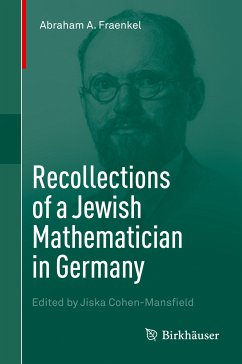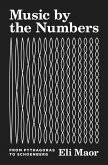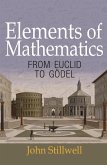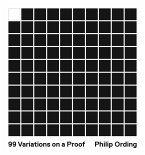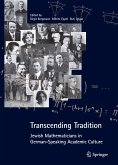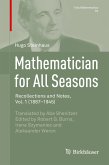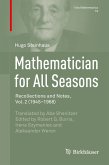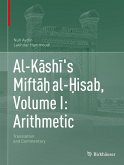Fraenkel describes the world of mathematics in Germany in the first half of the twentieth century, its origins and development, the systems influencing it, and its demise. He also paints a unique picture of the complex struggles within the world of Orthodox Jewry in Germany. In his personal life, Fraenkel merged these two worlds during periods of turmoil including the two world wars and the establishment of the state of Israel.
Including a new foreword by Menachem Magidor
Foreword to the 1967 German edition by Yehoshua Bar-Hillel
Dieser Download kann aus rechtlichen Gründen nur mit Rechnungsadresse in A, B, BG, CY, CZ, D, DK, EW, E, FIN, F, GR, HR, H, IRL, I, LT, L, LR, M, NL, PL, P, R, S, SLO, SK ausgeliefert werden.
"This book contains an English translation of Fraenkel's autobiography which was edited and completed with an additional chapter by Jiska Cohen-Mansfield. ... The book offers a unique picture of the world of mathematics, and of the complex struggles within the world of orthodox Jews, in Germany in the first half of the twentieth century." (Eduard Glas, Mathematical Reviews, May, 2017)
"The book is an enjoyable read. ... This book provides a valuable service to a number of scholarly communities who can now see the inner workings of someone who was involved in the birth of the discussion of the foundations of mathematics and the death of the era of Jewish life in Europe. As an eminently readable volume, it also opens the life of an important mathematical figure, in his various guises, to the broader public." (Mark Zelcer, Metascience, Vol. 26, 2017)
"Fraenkel's distinctive voice makes his memoir a fascinating read. His importance makes it a valuable historical source. I found it both enjoyable and instructive." (Fernando Q. Gouvêa, MAA Reviews, maa.org, December, 2016)

